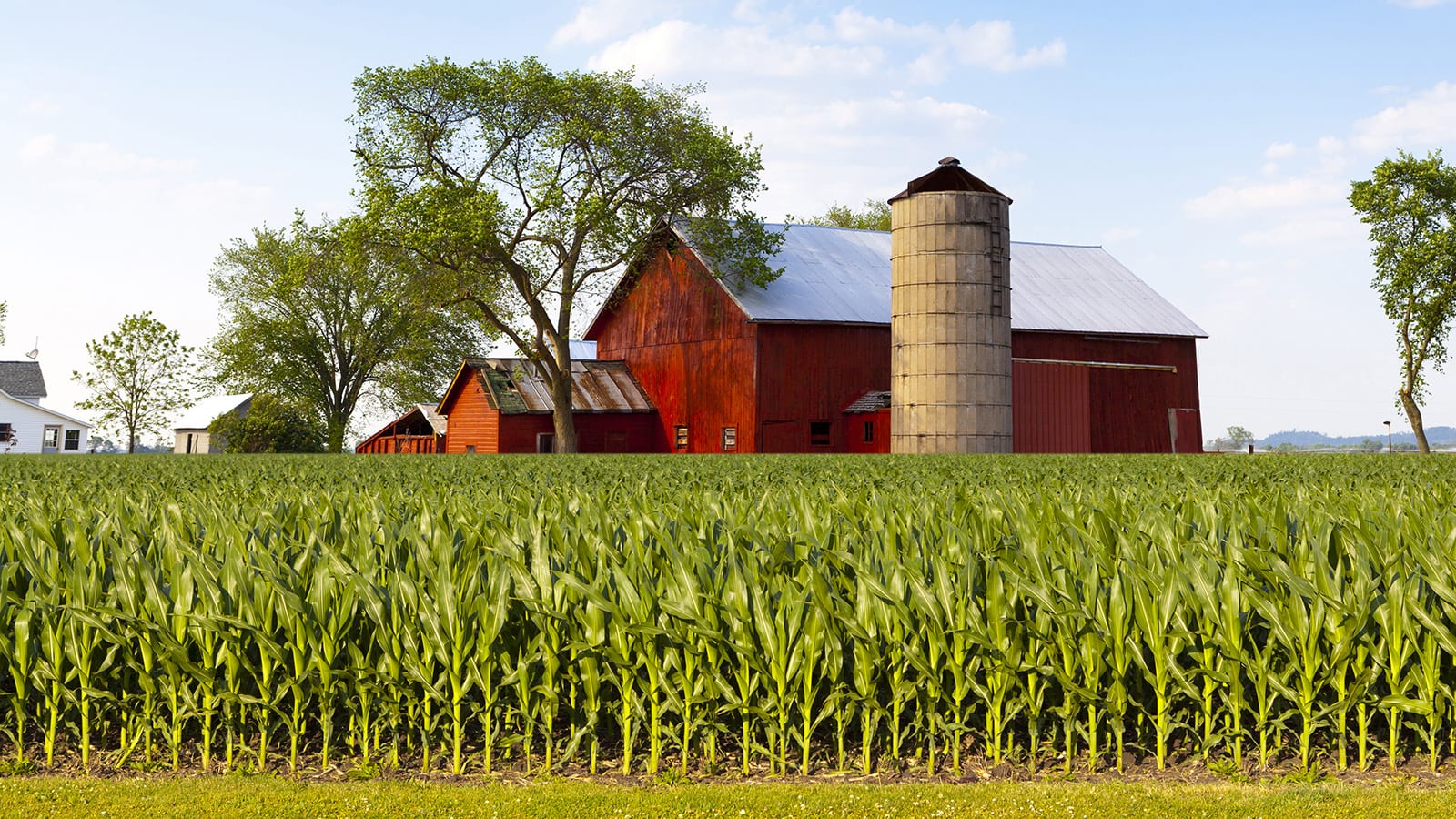During periods of tranquility, agriculture silently sustains billions by supplying the food essential for daily living. However, what occurs when the world is engulfed in a global conflict? The question of who will sustain the planet is a pressing one in a wartime world, as it poses severe challenges to agricultural systems.
Modern Agriculture’s Fragility
Agriculture of the present day is reliant on a multifaceted network of trade, technology, labor, and inputs. Farms depend on fertilizers, machinery, seedlings, petroleum, and access to global markets. Nevertheless, each of these pillars is at risk of being disrupted by war:
* **Interruptions in the Supply Chain:** Fertilizers and apparatus components frequently originate from particular regions. These flows could be halted by conflict and sanctions.
* **Energy Shortages:** Energy shortages have an impact on all aspects of production, including transportation, harvesting, and planting.
* **Labor Gaps:** The agricultural workforce is diminished during critical periods due to military conscription and displacement.
********* Infrastructure and Farmland Damage:** Supply routes may be disrupted and fields may be devastated in combat zones.
The Function of Small-Scale and Local Farming
In the event of a conflict, small-scale and local farmers may serve as lifelines. They are frequently more adaptable and less dependent on global inputs. Communities that have robust local food networks may be better equipped to withstand supply disruptions and provide sustenance to their residents.
Nevertheless, local farming encounters obstacles such as its vulnerability to labor shortages and its limited capacity.
Adaptation and Innovation
In order to maintain food production stability, farmers and governments may need to implement novel strategies:
* **Resilient Crop Varieties:** Crops that are resistant to pests and drought could decrease dependence on fragile inputs.
* **Sustainable Practices:** Productivity is preserved during periods of duress through the conservation of soil and the reduction of chemical use.
* **Mechanization Alternatives:** Manual or animal-powered instruments may be reinstated in regions where fuel is scarce.
* **Agriculture Under Protection:** Traditional farming can be supplemented by urban cultivation and greenhouses.
Food Security and Global Cooperation
Cooperation on humanitarian corridors and nutritional aid is essential, even during times of conflict. International organizations can assist in the coordination of emergency food supplies to prevent famine and unrest.
The Human Factor: Farmers as Frontline Providers
Farmers, who are frequently disregarded, emerge as frontline heroines in a world that is at war. Feeding populations under duress necessitates ensuring their safety, access to resources, and knowledge sharing.
In conclusion,
The systems that provide sustenance to billions are at risk of unraveling due to war; however, it also underscores the adaptability and resilience of agricultural communities across the globe. Innovation, global cooperation, and support for local agriculture are necessary to guarantee food security in a wartime environment. It is important to remember that the answer to the query “Who feeds the planet?” is contingent upon our collective determination to preserve life, even in the face of conflict.

Leave a Reply